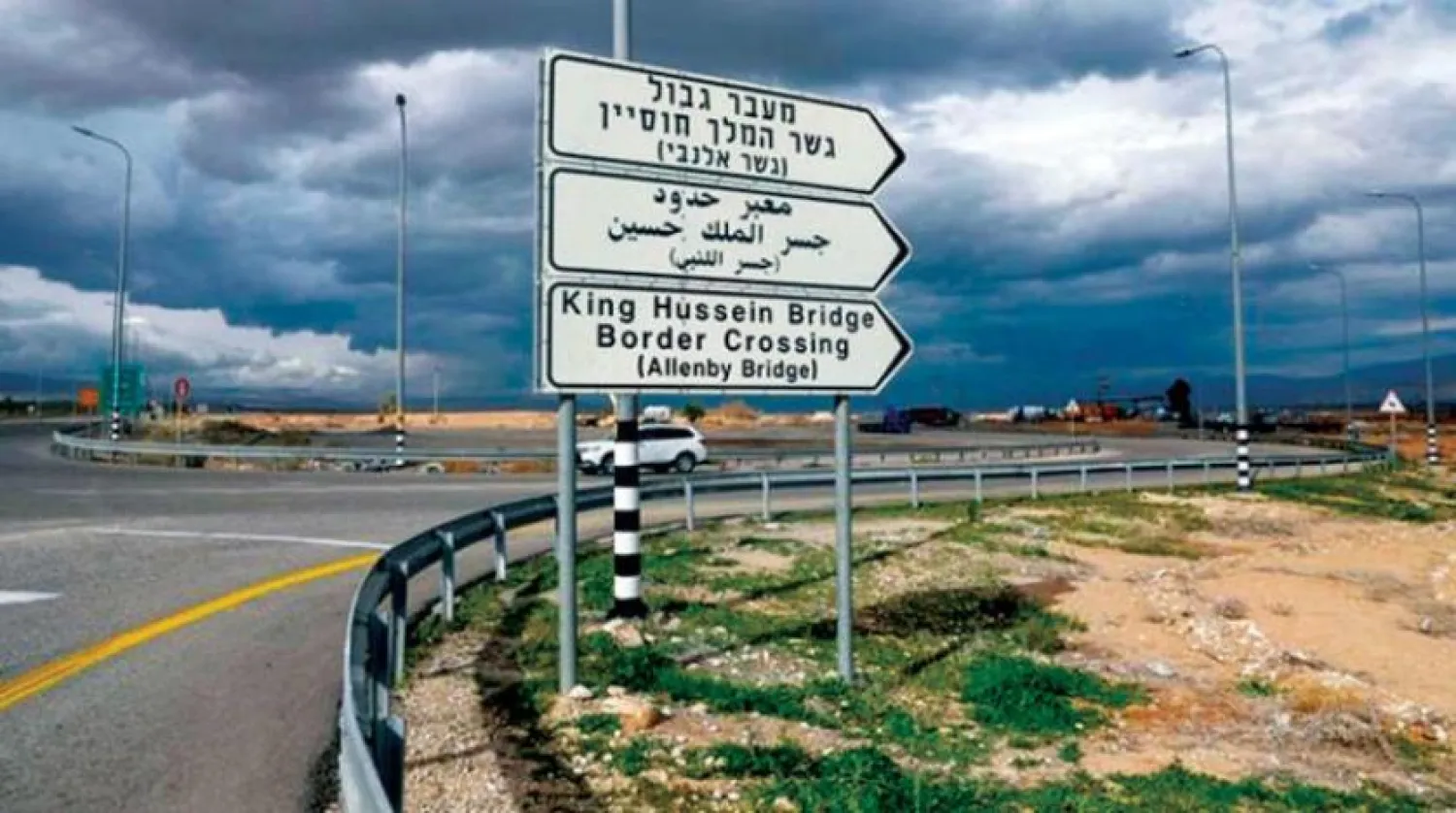Israel has launched a pilot program to open the crossings between the West Bank and Jordan around the clock, after months of pressure from the US administration, which viewed the matter as a positive initiative towards the Palestinians in the absence of a political horizon.
However, Washington voiced discontent with the Israeli plan, as it had expected the pilot program to extend for weeks or months.
Spokespersons for the Ministry of Transport and the Airports Authority told The Times of Israel that a trial period has been launched to test the ability of the Allenby Bridge crossing between the West Bank and Jordan to operate around the clock. The launch of the program was postponed several times, which had angered the US administration.
The United States announced during the summer that the Allenby Bridge (King Hussein) crossing would be open 24 hours a day throughout September, so that West Bank Palestinians could travel abroad through Jordan. But that did not happen, as the Israeli authorities informed the Americans that they did not have enough staff to meet the schedule.
The idea of a trial program was proposed instead, and the Ministry of Transportation announced that it would be launched on October 24. However, the head of the Airports Authority objected to presenting the plan in the middle of an election campaign. Thus, the Directorate of the Airports Authority met at a later time and decided to go ahead with the plan for one week.
The Director-General of the General Administration of Palestinian Borders and Crossings, Nazmi Muhanna, confirmed on Monday the change of working hours at Al-Karamah border point, which is the first crossing that leads to the Allenby Bridge.
In a statement, Muhanna said that Al-Karamah crossing would operate 24 hours a day for one week, from Sunday morning until Friday at 12:30 pm.
The Americans expressed their dissatisfaction with the plan. A senior US official said that the United States expected the trial program to extend over several weeks or months at least.
The US initiative came in light of a stifling crisis that Palestinians usually encounter during the summer period, as they have to pass through three crossings to exit the Palestinian territories.
The Palestinians are forced to pass through the Palestinian Karama Crossing and stamp their passports, then pay a tax before they move in buses to the Israeli Allenby Crossing, to be subjected to a second inspection and then via buses to King Hussein Bridge, for a third inspection before entering Jordan. As for those who will travel outside Jordan, they will also have to head to Queen Alia Airport.
The journey takes several hours, with long queues and high costs for departure and entry taxes, travel allowance and baggage transfer.









